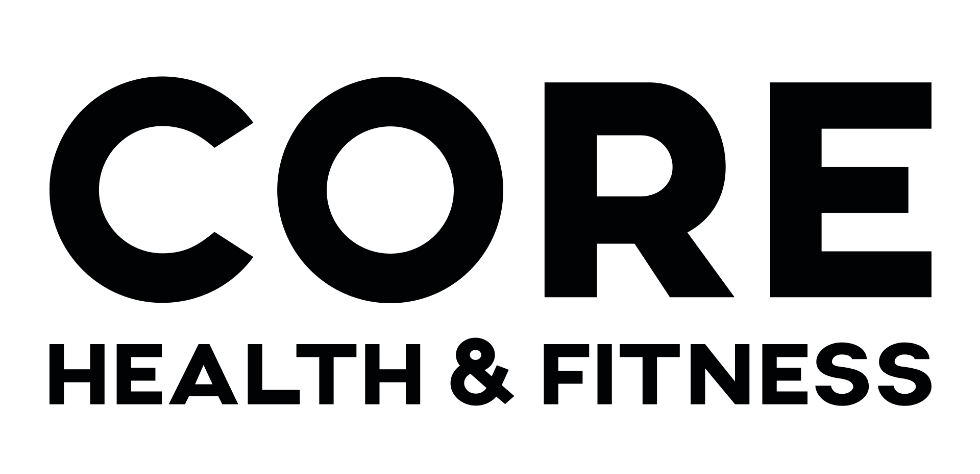The pandemic has given a lot of people a reason, and in some cases an opportunity, to consider a career change. Many can agree that being a fitness trainer is a rewarding job. As a trainer you combine the fulfilment of helping individuals achieve their health and fitness goals while being paid to do what you love – exercise. Maybe you have been enviously looking across the gym or studio at that superstar trainer and wanting to follow in their footsteps, or perhaps you have already received a certification and are looking to take your first steps into the world of fitness training. Either way, the initial stages of your trainer journey can be nerve-wracking, so here are a few tips on getting started and working towards your career goals.
1) Practice, practice, practice!
Knowledge and skills only become honed and embedded with repetition and reflection. Take every opportunity you can to teach a class or train a client, and treat it as a learning experience. We can use Kolb’s Learning Cycle as a guide to facilitate experiential learning.
Experience – you deliver a training session
Reflective Observation – take time after the session to review it. Ask yourself: what worked well? What didn’t work well? What might have worked better? How did the client(s) respond? You can do this by just recalling the session, but as memory can be selective, recording the session can really help with this process. Asking clients for explicit feedback to include in your review can also really accelerate your learning. Although it is hard to do so, remember to focus as much on the positives as on the negatives!
Conceptualization – what have you learned from the review? Take time to analyse why certain things happened. For example, if you stuttered over your words, was this because you were nervous or because you hadn’t spent enough time preparing your session? If the client gave you positive feedback about how well the session was tailored to their needs, was that because you took time to speak to them about their goals and abilities before the session, or because you checked in with them during the session and modified your plans on the go in response?
Active experimentation – based on what you have learned, what do you want to implement in the next session? Make a plan and try it out. To avoid trying to do too much at one time, it can be helpful to think of just one thing you will do differently next time. Or consider one thing each to stop, start, and continue next time.
Then you can repeat the cycle as you continue to learn more.

2) Learn from others
We learn basic skills by watching those around us. Becoming a great trainer is no different. Take time to go to other trainers’ sessions. Observe what they do and say, and how they interact with their clients. What makes them great? Which elements of what they do could you take on board, but adapt to your own style and personality? If possible, work with those trainers, supporting or co-teaching their sessions. This offers the opportunity for more experiential learning. Feedback from an experienced trainer can be insightful alongside your own reflections. You can also open conversations to learn more about them, how they developed their own skills, and what mistakes they made along the way, so you can try to avoid them.
3) Work on your weaknesses until they become your strengths
When you first start out there will be a lot you don’t know, and plenty of skills you don’t have. Make a plan for which of those gaps you want to fill and when and how you will achieve that. Identify continuing professional development options that will enable you to build new competencies. Sometimes this will be about learning how to deliver a completely new exercise modality or program that you can add to your repertoire, making you more versatile and valuable to employers. Other times, this will be about getting on top of the latest trends or finding ideas to spice up your classes. This not only keeps your sessions fresh but it will keep you motivated and build your confidence.
It can be challenging to take time out of your schedule to educate yourself, but you will come out inspired and refreshed, and your clients will notice the difference. This is why Core Health & Fitness offers a vast range of options to grow and develop your skills, including webinars, blogs, online self-paced education programs, and live workshops, all designed and delivered by our world class master instructors. You can become the best by learning from the best so as you build your client base and roster of classes, don’t overlook the importance of continually challenging yourself to learn and grow. Before you know it, you will be the inspiration for the next generation of trainers.
Dr. Lou Atkinson is a Lecturer in Psychology at Aston University, UK, and a Senior Master Instructor for Core Health & Fitness.







